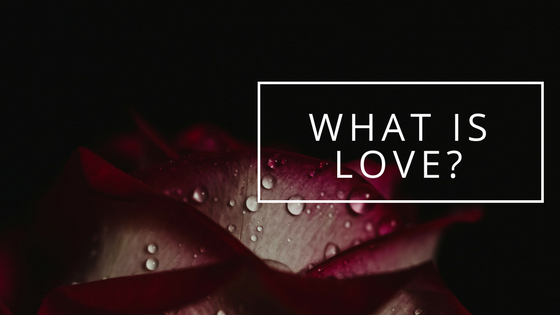
One of the pieces of advice I often received as a first time mother – was that if I just “love my child” = everything will be alright.
While the advice is well meant, it’s also extremely vague and abstract. Does Loving my child mean giving him lots of hugs and kisses? Does Loving my child mean that no matter what I do, it will all be okay in the end – because I ‘Love’ him and in the name of Love, all will be forgiven?
What is Love?
For some, Love means protecting those who they hold dear to the extent that they are controlling and limiting their child or life partner – out of fear that anything might happen to them that might ‘take them away’. Or perhaps we fear that they will make mistakes that they will regret and want to be involved in every single decision their life contains. While well meant, it has dark consequences.
For some, Love means making another the center of their universe, putting the loved one first, and self always second. While the loved one shines on an altar of worship, self diminishes and compromises every day – while the loved one feels smothered and in need of space.
For some, Love means beings hard on your child or partner – even if it takes aggressive physical measures – because the world is a hard and cruel place, and the sooner they know their place the better they will be off for it in the long run. The hurt now is justified by hurt prevented later. It’s only because ‘I love them’.
For some, Love means being super conscious of every single move one’s loved one makes. Keeping an eye out for competition, drowning in one’s own paranoia and suspicion, being strangled by jealousy when your loved one spends time with someone else.
For some, Love means leaving another alone, giving them freedom without boundaries – where even where the behaviour becomes obviously questionable or abusive, the loving one won’t step in out of fear of coming over ‘controlling’. Her mother used to love her through control you see.
For some, Love means investing a lot of money in another, getting the best and most expensive education – at the expense of their dreams. Because you know what the world values and while deep down you know ‘it’s not right’ – you’ve given up on your dreams a long time ago and submitted to the idea that the world is just the way it is and we better just deal with it.
Love – has many faces. And mostly our definitions of love are born from a reaction to the type of ‘Love’ we received as a child. If our parents were controlling, we will tend to give more freedom (and often don’t set boundaries where they are needed, in fear of being anything like are awful parents – God forbid! As much as we try to learn from the ways we’ve received Love, we tend to remain stuck by throwing ourselves into the extreme opposite polarity in the spectrum – where we still make mistakes and create consequences, but simply of a different kind.
In many if not most cases – Love remains but a feeling, a good intention – but the actions and consequences that follow pave the way to hell.
What does it mean to really live LOVE in action? What does it mean to TRULY LOVE your child?
- For myself Love, means living by the principle of what is Best for All – guiding me in thought, word and deed. Where I not only look at myself, but consider everyone involved in my reality and how my actions may affect others presently or in the future. That whatever decision I make in the end result in the best possible outcome for all. So I can stand as an example for my child to treat others as I would like to be treated.
- Love, means to unconditionally investigate myself as all the aspects that currently make-up ‘me’ so that I can take responsibility for any behaviour or perceptions that do not serve me nor my environment. So I may stand as an example of self-accountability to my son.
- Love, means to unconditionally investigate all that is presented to me and to keep what’s good. I am open to perspectives and what others have to share and to test things out to come to my own conclusions. So I may stand as an example to my son for critical common sense reasoning and to not take anyone’s word on face value, not even my own.
- Love, means to be present and aware in every single moment so that I may direct myself and my reality to the best of my ability. So I may stand as an example of self-love to my son and show in fact that he is to be taken seriously.
- Love, means to admit my mistakes and to stand up from then rather than throwing my towel into the ring. To change myself to the best of my ability, so I may stand as an example of endurance, persistence and faith in self for my son.
- Love, means to take care of my physical body, my temple to ensure that I may express myself as my body to the best of my ability. So I may stand as a nurturing example for my son.
This wasn’t always my definition of Love or go-to practical guide of action. I struggled with my own inner demons disguised as Love. Traveling and working through your inner landscape can be challenging and difficult. If you enjoy taking on these type of challenges, check out this free course: http://lite.desteniiprocess.com/
What is your definition of Love?Which faces of Love have you battled and struggled with?



You must be logged in to post a comment.